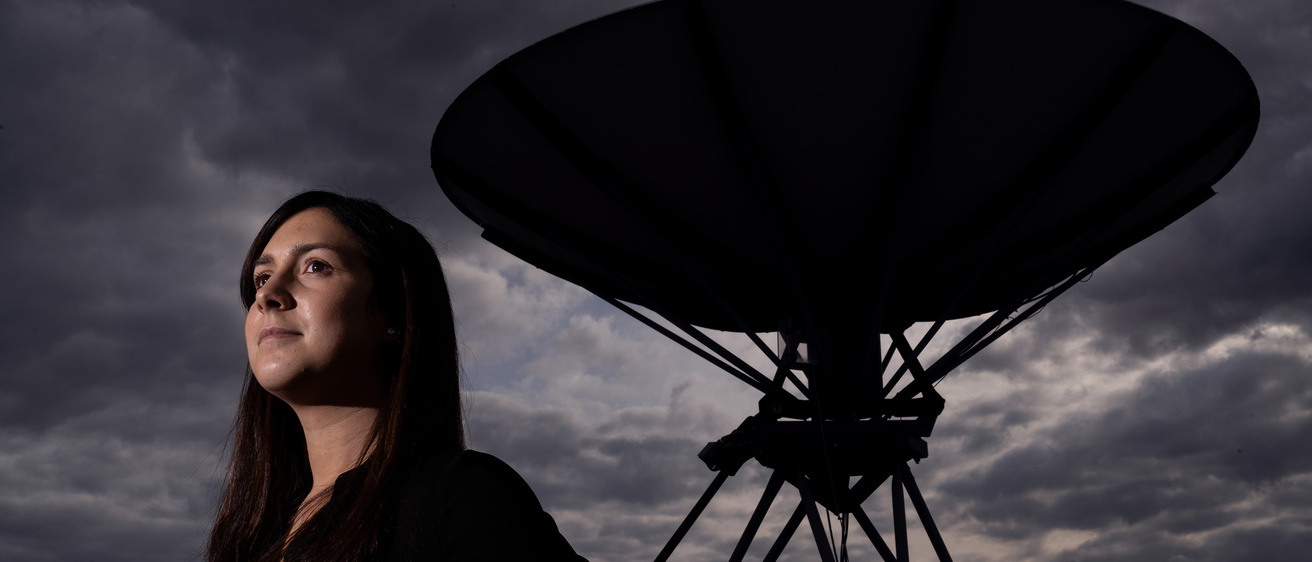Emily Silich
Hometown: Epworth, IA
Undergraduate Degree (s): Physics and Astronomy, College of Liberal Arts & Sciences
Graduate Program: Astrophysics at the California Institute of Technology
What is/was the focus of your research at Iowa?
As an undergraduate at Iowa, I worked with Professor Philip Kaaret on HaloSat, an X-ray CubeSat mission. I had the opportunity to lead two science projects with HaloSat data. The first project was focused on describing the X-ray emission from two local supernova remnants, Vela and Puppis A, which are the remnants of massive stellar explosions. The project I focused on my final year at Iowa was using HaloSat data to search for a 3.5 keV X-ray signature of dark matter in the Milky Way galaxy Curious about this project? Find more information at: https://astrobites.org/2021/05/09/ur-halosat-dark-matter-search/.
What drew you toward that topic?
My undergraduate work at Iowa on the 3.5 keV line project was focused on asking and attempting to answer questions about the nature of dark matter, a major constituent of the universe. This experience motivated me to investigate fundamental questions about large-scale structures in the universe as a graduate student. Now at Caltech, I work with Professors Sunil Golwala and Jack Sayers to combine multi-wavelength observational data with simulations of galaxy cluster mergers in order to understand these structures, which are the most energetic events in the universe since the Big Bang and inform us about how structure forms and grows in our universe.
What advice do you have for undergrads looking to apply for the NSF GRFP?
My advice to undergraduates looking to apply for the GRFP is to use the application process as an opportunity to reflect on and refine their own research and professional goals. While the GRFP application is designed to encourage students to work with their advisors to design a research project/plan that guides their graduate studies, it also provides a platform for students to think on their potential for broader impacts within their academic field/community and articulate how to put these plans in action.
What have the resources provided from the fellowship allowed you to accomplish/pursue?
The resources provided by the NSF GRFP will give me the freedom to pursue my research project for the next several years without any worry about securing external funding.
More on Emily's research experiences and her path to Cal-tech can be found at:
- Reaching for the Cosmos - Richard Lewis, May 2021
- Iowa student wins Goldwater Scholarship - Iowa Now, April 7, 2020
Application development support is available for rising seniors and alumni who are applying after graduation from Iowa, but before they apply to graduate programs for the following academic year. Students interested in applying for the 2022-23 NSF GRFP competition should schedule an initial consult with the Office of Scholar Development to learn more about the application process and relevant resources as soon as they are aware of their interest in the fellowship.
